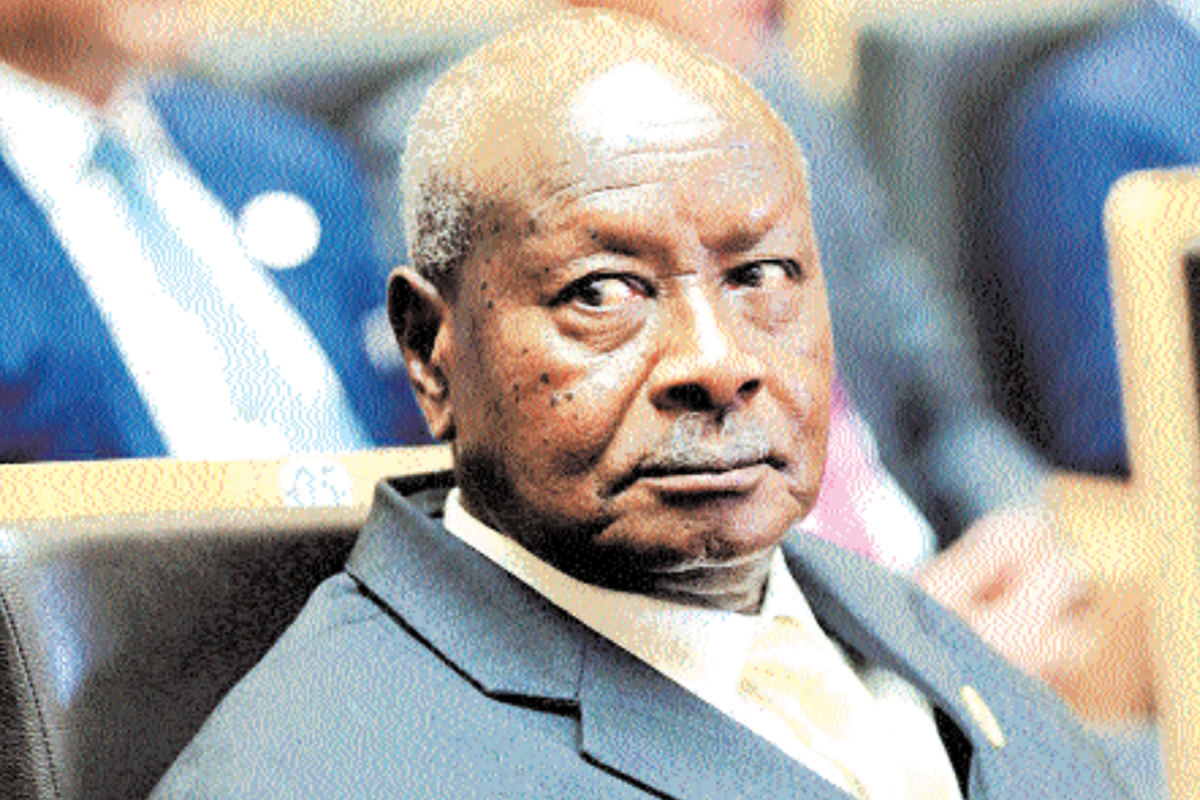Just as fish rots from the head, Uganda is in crisis at the helm. The post-presidential election crisis in the country has deepened with at least 31 of 44 allegedly kidnapped victims yet to be traced.
They were abducted by security forces in the aftermath of the polls in January, whose outcome has been rejected as fraudulent by the main Opposition candidate. Palpably enough, pressure has been ratcheted up on the Ugandan government to rescue those who have been abducted. This underlines the distressing reality that democracy is at a discount.
Advertisement
The internal affairs minister, Gen. Jeje Odongo’s statement on those still missing has been greeted with consternation by Ugandans who allege that the people were taken at night in vans without licence plates. “We undertake to investigate each and every one of the reported incidents,” Odongo said. It was the first time a top representative of the Ugandan establishment has acknowledged the reported abductions. The kidnappings have rendered the result decidedly spurious and several lawmakers, including the parliamentary Speaker, have asked the authorities for an explanation.
President Yoweri Museveni’s government, therefore, rests on a dubious foundation. Predictably, the authorities have denied targeting civilians. President Museveni is often credited with presiding over relative peace and security. But the election season was the most violent in years, with security forces accused of cracking down on supporters of Bobi Wine, Museveni’s main challenger.
Police accused his supporters of planning riots that could lead to a change of regime. Mr Wine has asserted that 3,000 of his followers are missing, are either in jail or are unaccounted for after alleged abductions by security forces. Attorneys for Mr Wine, a popular singer whose real name is Kyagulanyi Ssentamu, have this week filed a legal challenge with the Supreme Court seeking to nullify Museveni’s victory and bar him from running for the presidency again.
It is unclear when oral arguments will start. Museveni apparently has a strong support base, indeed a President who has never lost in the courts, and analysts say the nine-judge panel is not likely to rule against him. He was declared the winner of the election with 58 per cent of the vote, while Wine secured 35 per cent.
The reaffirmation of the psephological swing means little or nothing in Uganda. The Opposition leader has binned the results as fraudulent, with soldiers allegedly stuffing ballot boxes, casting ballots for people and chasing voters away from polling stations.
January’s presidential election, therefore, marked the virtual suppression of the electorate. Museveni has dismissed allegations of vote-rigging, calling the election “the most cheating- free” since independence from Britain in 1962. Events ever since the election don’t really bear him out, however. As Museveni has lost his credibility, so too has Uganda in the wider canvas.









